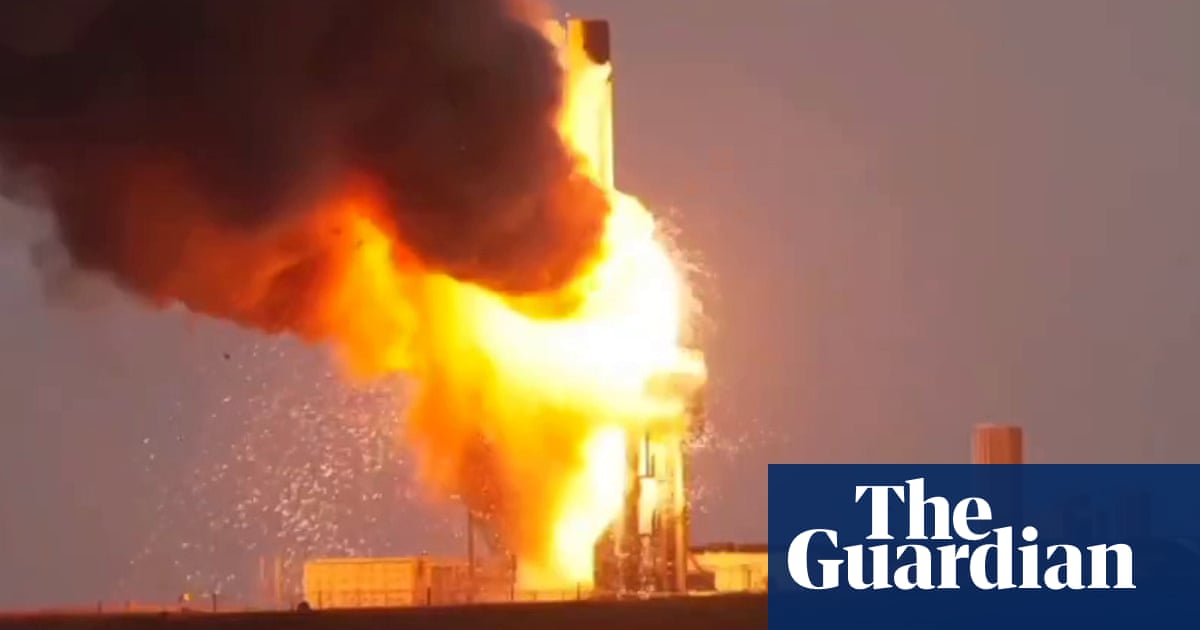A rocket engine test at the UK's newest spaceport in Shetland has resulted in a significant setback for the burgeoning British space industry. German company Rocket Factory Augsburg (RFA), aiming to conduct the first UK vertical rocket launch into orbit, experienced an explosion during a test on Monday.
The incident occurred during a nine-engine test at SaxaVord Spaceport on the island of Unst, one of several planned trials ahead of a full launch. RFA confirmed that an "anomaly" led to "the loss of the stage", but reassured that there were no injuries.
"The launch pad has been saved and is secured, the situation is under control, and any immediate danger has been mitigated," the company stated. RFA is currently collaborating with the spaceport and authorities to determine the cause of the failure.
A spokesperson for RFA, based in Augsburg, Germany, acknowledged the inherent risks associated with their iterative development process, which prioritises real-world testing.
"We develop iteratively with an emphasis on real testing," the spokesperson said. "This is part of our philosophy and we were aware of the higher risks attached to this approach. Our goal is to return to regular operations as soon as possible."
This incident follows a successful rocket engine test conducted just three months ago at the same site. During that test, RFA fired the engines for a duration of eight seconds before shutting them down.
Unst, with its population of around 650, occupies the northernmost tip of the British Isles. The island's strategic location, a former Viking outpost, allows rockets to launch without traversing populated areas. This contrasts with other launch sites, which necessitate complex manoeuvres, limiting the payload capacity.
In late 2022, the Civil Aviation Authority (CAA) granted permission for the first rocket launches from Unst. The spaceport aims to launch up to 30 satellites and payloads into commercially valuable polar and sun-synchronous orbits, highly sought after by satellite operators for communications and Earth observation.
While this setback will likely delay the planned launch, RFA's commitment to resuming operations underlines the ambition behind the UK's emerging space industry. The incident serves as a stark reminder of the inherent risks associated with space exploration, but also highlights the determination to overcome challenges and push forward in the pursuit of space-based advancements.
Article
Business

Rocket Explodes During Test at UK's New Spaceport in Shetland

